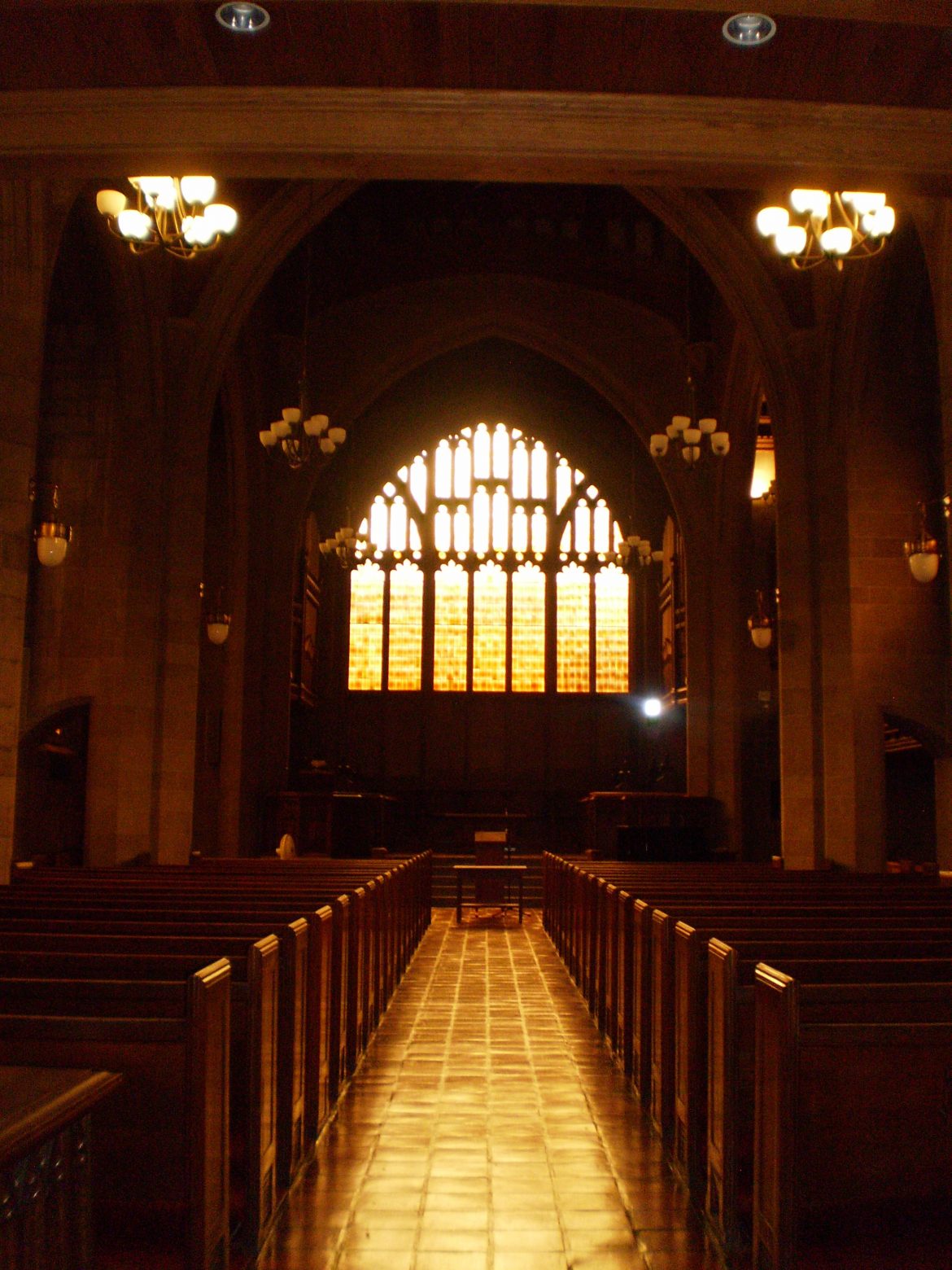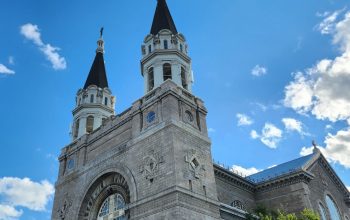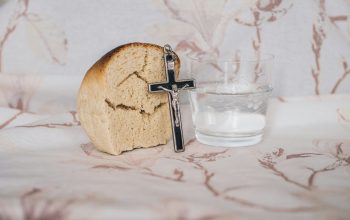Photo Credit: Emily Tung
The importance of intentionality in practicing your faith
Stefanie Menezes, Lifestyle Editor
The Saturday “vigil” Mass has been a staple of Catholic parish communities since its official recognition in Pope St. John Paul II’s 1983 Code of Canon Law, in which His Holiness writes, “a person who assists at a Mass celebrated anywhere in a Catholic rite either on the feast day itself or in the evening of the preceding day satisfies the obligation of participating in the Mass.”
Before this, the Saturday “anticipatory” Mass was permissible as a fulfillment of the Sunday obligation, or dominical precept, provided such permission was granted after having met the conditions stipulated by Rule 28 of the Eucharisticum Mysterium, an instruction on Eucharistic worship, issued in 1967 by the Sacred Congregation of Rites. The main conditions were that the permission be granted by the Apostolic See, on Saturday evening at a time determined by the local Ordinary, for the purpose of making the celebration of the Mass more accessible to modern Christians. In 1970, the bishops were granted a 5-year indult to administer Saturday evening Mass according to their judgment, in accordance with the aforementioned document. This licence was renewed twice, in 1974 and 1979, before the permanent admission of the Saturday vigil Mass as fulfilling the dominical precept.
However, the 1967 instruction also lent a new responsibility to the administering priests that, in modern contexts, seems to lend itself to the debate regarding the validity of Saturday evening Mass: “pastors should explain the meaning of this permission carefully to the faithful and should ensure that the significance of Sunday is not thereby obscured.” Present-day Catholics can write this charge off as a pastoral duty, not in the hands of laypeople, or dismiss it as a previous version of current canon. But obedient Catholics will hesitate to deny sections 2184 to 2195 of the Catechism of the Catholic Church, which outlines the practices and attitudes that Catholics must undertake to sanctify their Sundays; specifically, that Christians, on the Sabbath must exemplify the values of prayer, respect, and joy, and “defend their traditions as a precious contribution to the spiritual life of society.” The Catechism also cites passages from the books of Deuteronomy and Exodus that explicitly state that the Sabbath is “holy to The Lord” and must be kept for rest.
Believers who are daring enough still to challenge the Catechism’s teachings should consider the two main reasons for the accepted holiness of the Sabbath: first, in Exodus 31:16-18, it is written that God made a perpetual covenant with the children of Israel to observe the Sabbath throughout their generations, and it would remain a sign between Him and His children forever, for He Himself rested on the seventh day after creating the Heavens and the Earth; and second, that the day that marks The Father’s completion of Creation goes on to mark the Resurrection of The Son. Mark 2:23 quotes Jesus directly in saying, “The Sabbath was made for man, not man for the Sabbath.” The Bible, in the Old Testament, describes the Sabbath as a covenant and a day of rest; and in the New Testament, by Jesus Himself, as a day “made for man.” In essence, the Sabbath is considered by the Church to be a gift in the form of a day devoted to rest, as well as a promise with the obligation of reverence and sanctification.
Thus, the question underscoring the “validity” of the anticipatory Mass by Christians in modern contexts is not a question of whether Christians still need access to anticipatory Eucharistic celebrations, or whether Christians are misusing the Saturday vigil to avoid making time for Sunday morning Mass. The Church has answered the first, and the second does not address with compassion man’s ability to sin in his heart even when his actions are in line with ecclesiastical law. Instead, it is a question of intention, and one that must be asked on an individual level, to each member of the wider Church Body by his or her own conscience — and may well bring up a different answer in one man than the next: “If I receive the Eucharist Saturday evening, will I still consciously and intentionally keep my Sunday holy?”




